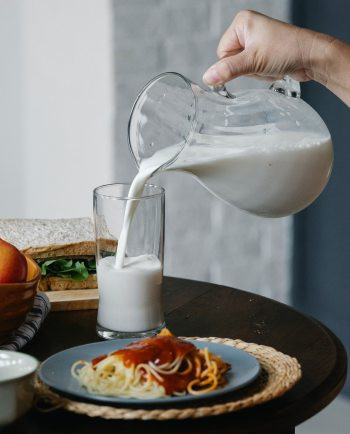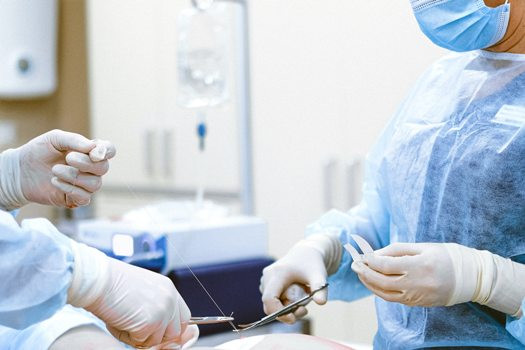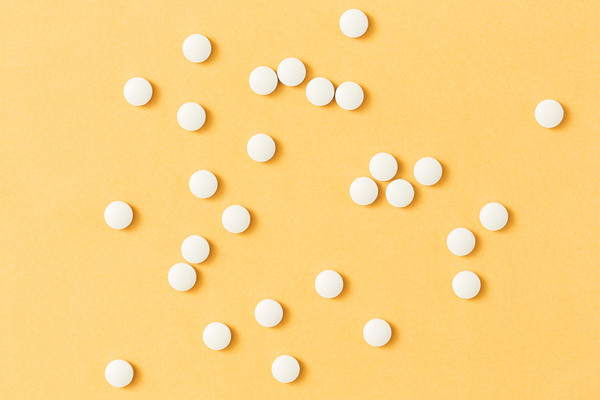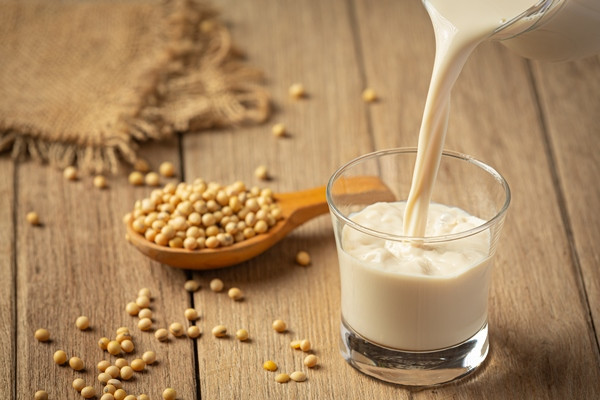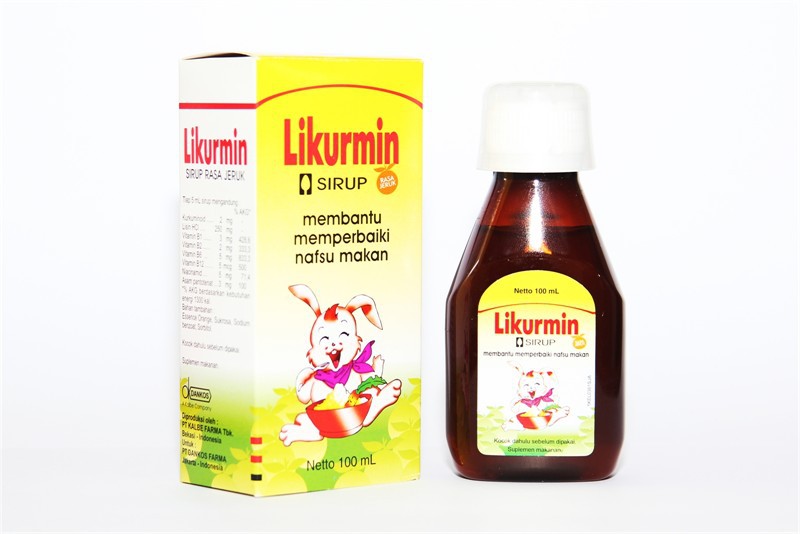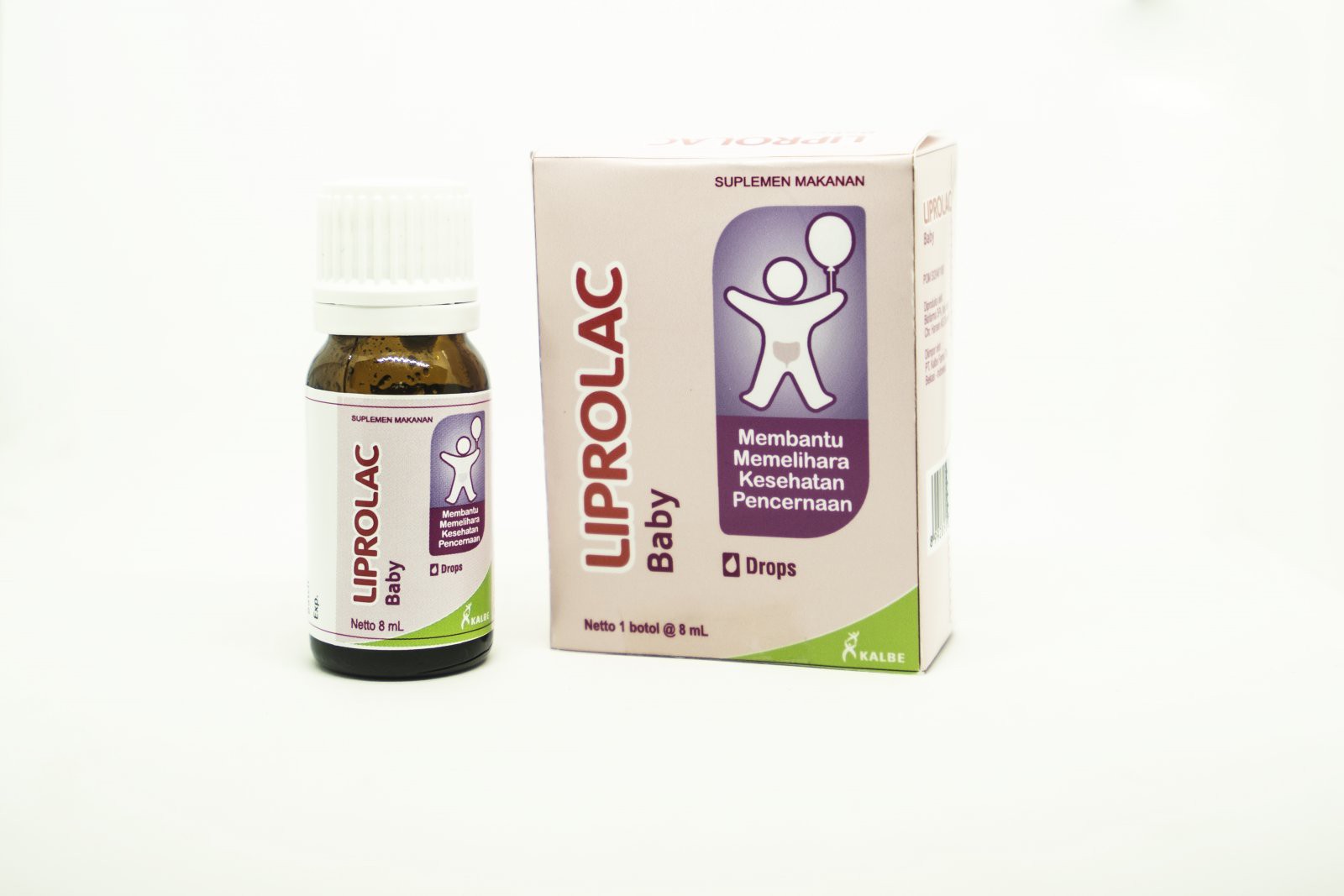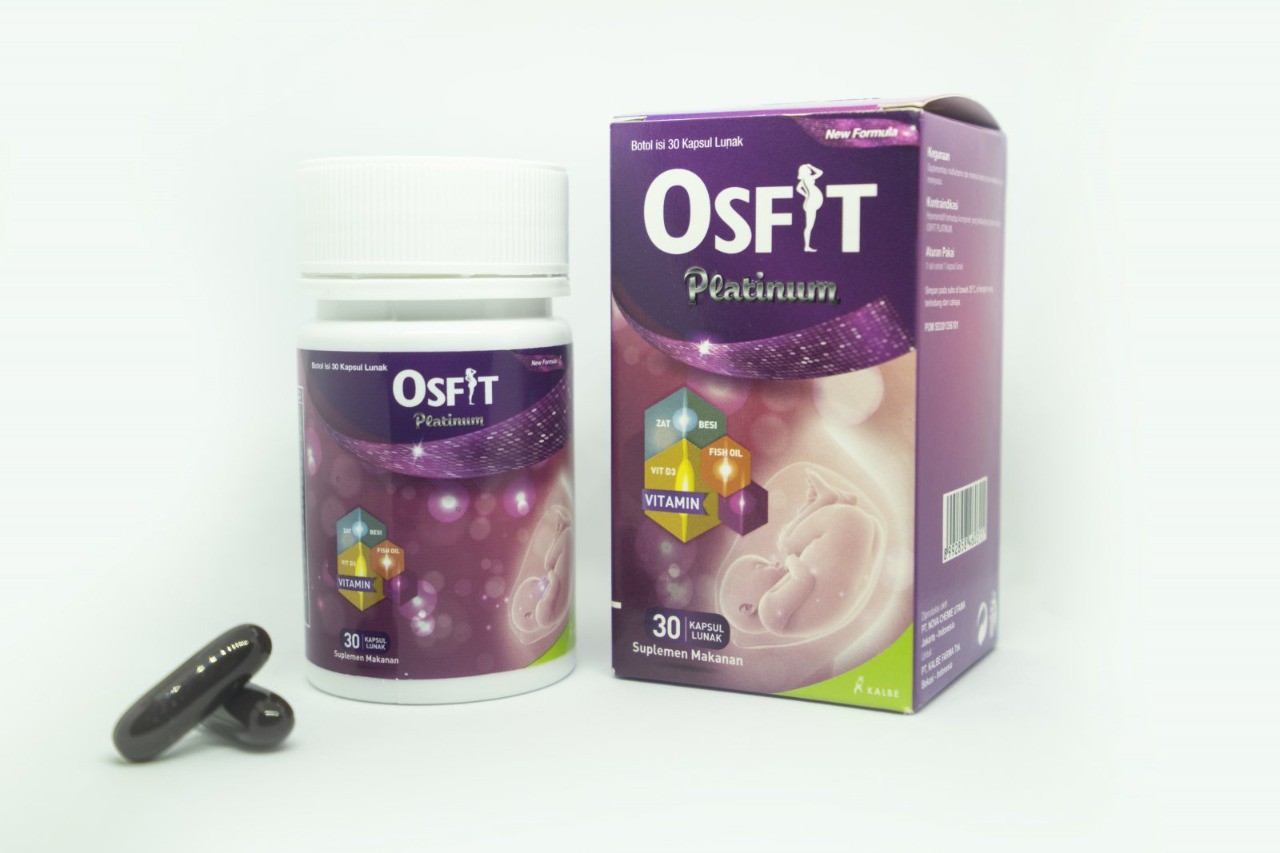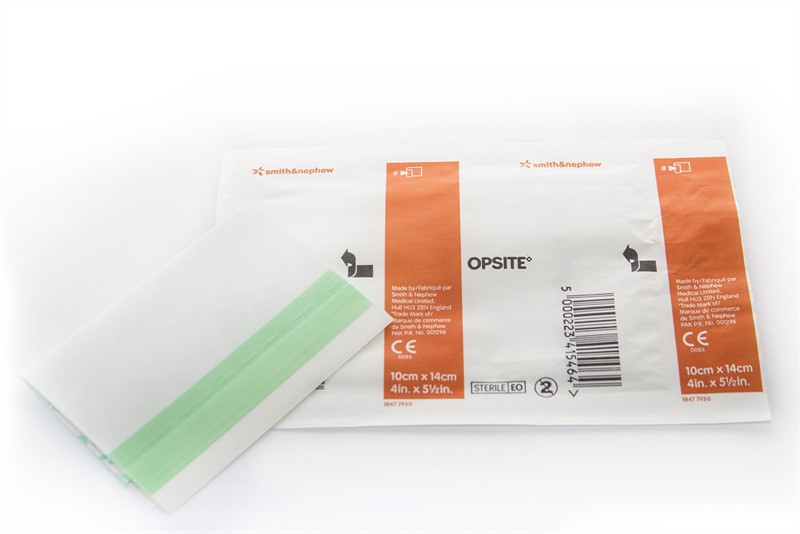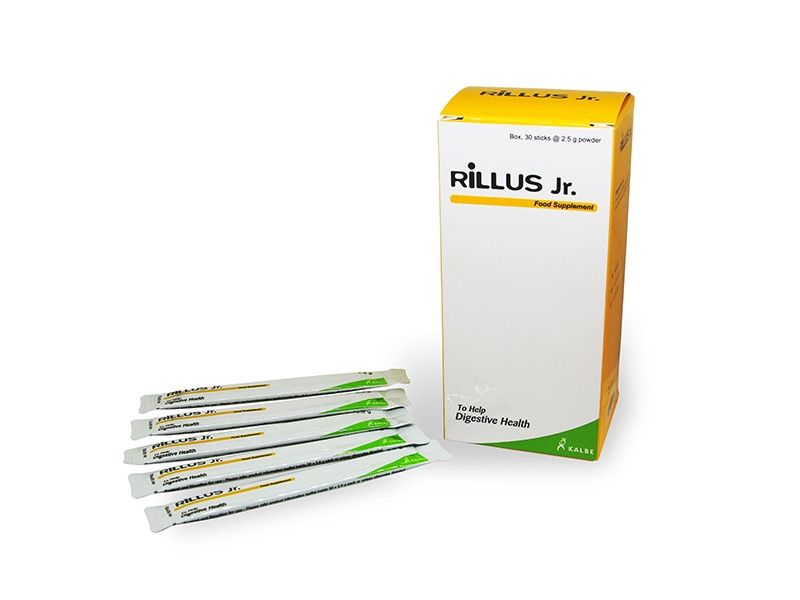
The combination of vitamin D supplementation and probiotics benefits metabolic disorders, especially in patients with vitamin D deficiency. The combination of the two can improve mental health parameters, inflammatory biomarkers, and oxidative stress in patients with metabolic syndrome.
This is based on the theory of the effect of probiotics on increasing vitamin D levels. In addition, probiotics may also synergize with vitamin D, increasing the expression of vitamin D receptors. This can then modulate the microbiota-gut-brain axis and increase vitamin D levels.
Studies show that vitamin D deficiency is common in women with polycystic ovary syndrome (PCOS). Vitamin D deficiency is associated with insulin resistance, elevated testosterone levels, and increased dehydroepiandrosterone sulfate (DHEAS) in PCOS patients. Previous studies have shown that vitamin D administration can improve markers of systemic inflammation and oxidative damage.
Ostadmohammadi, et al. (2019) have hypothesized that probiotic and vitamin D cosupplementation may synergistically affect the clinical status and biochemical parameters in PCOS women. Therefore, a randomized, double-blind, placebo-controlled study was conducted on 60 adult women with PCOS. Participants were divided into a study group (n=30) who were given 50,000 IU of vitamin D every two weeks plus probiotics 8 x 109 CFU/day for 12 weeks and a placebo group (n=30). A probiotic supplement with a dose of 2 x 109 CFU/gram contains Lactobacillus acidophilus, Bifidobacterium bifidum, Lactobacillus reuteri, and Lactobacillus fermentum. The ideal type and dose of specific probiotics for PCOS patients are unknown.
During the study period, no side effects were found. The results of the 12-week intervention showed significant improvements in mental health parameters, including the Beck depression inventory (BDI) (β -0.58; 95% CI,— 1.15, 0.02; p=0.04), general health questionnaire (GHD) (β – 0.93; 95% CI, 1.78, 0.08; p=0.03), and depression anxiety and stress scale (DASS) (β – 0.90; 95% CI, 1.67, 0.13; p=0.02) versus placebo.
Vitamin D and probiotic supplementation also significantly reduced total testosterone levels (β – 0.19 ng/mL; 95% CI, 0.28, 0.10; p<0.001), hirsutism (β – 0.95; 95% CI, 1.39, 0.51; p<0.001), high sensitivity C-reactive protein (hs-CRP) (β – 0.67 mg/L; 95% CI, 0.97, 0, 38; p<0.001), and levels of malondialdehyde (MDA) (β – 0.25 mol/L; 95% CI, 0.40, 0.10; p=0.001). In addition, the co-supplementation of both also significantly increased antioxidant parameters, in the form of an increase in total antioxidant capacity (TAC) (β 82.81 mmol/L; 95% CI, 42.86, 122.75; p<0.001) and an increase in glutathione (GSH) levels. ) (β 40.42 mol/L; 95% CI, 4.69, 76.19; p=0.02).
This study concluded that cosupplementation of vitamin D 50,000 IU every two weeks with probiotics 8 x 109 CFU/day for 12 weeks improved mental health profiles, testosterone levels, hirsutism, hs-CRP, plasma TAC, GSH, and MDA, although it had no effect. On serum SHBG, plasma NO levels, acne, and alopecia. This supplementation is also safe because no side effects were found during the study. Therefore, this supplementation may be considered for women with PCOS.
Image: Illustration
Reference:
Ostadmohammadi V, Jamilian M, Bahmani F, Asemi Z. Vitamin D and probiotic co-supplementation affects mental health, hormonal, inflammatory and oxidative stress parameters in women with polycystic ovary syndrome. Journal of Ovarian Research. 2019;12(1):5.

